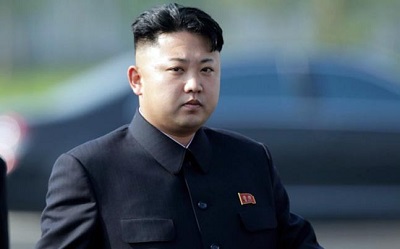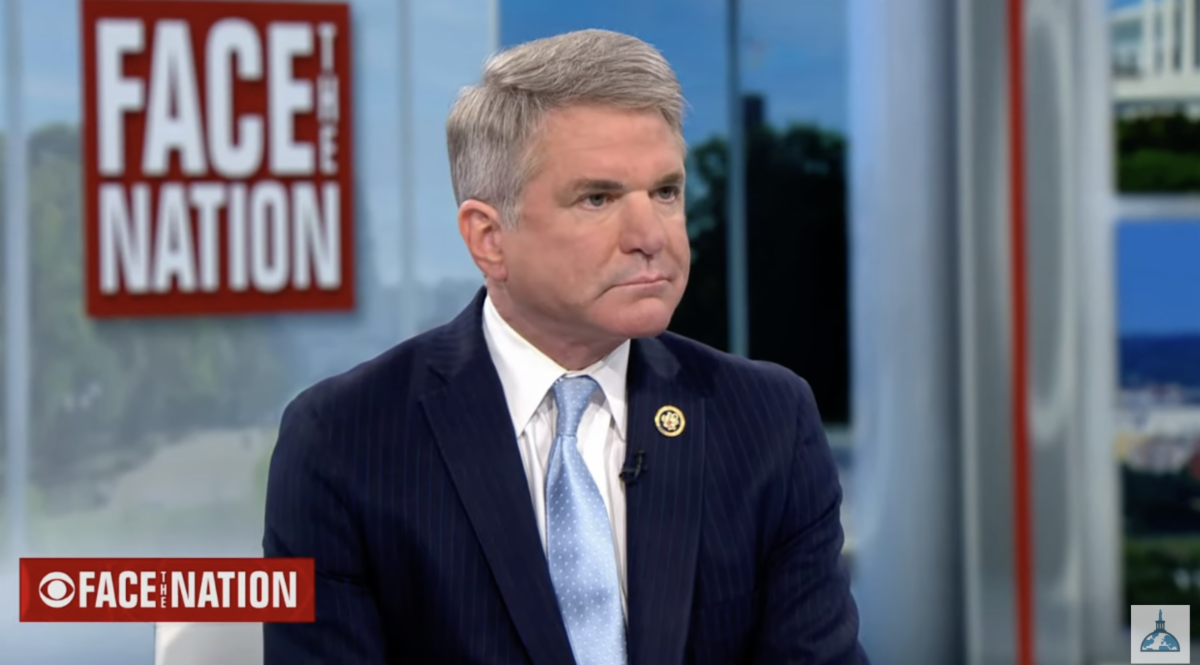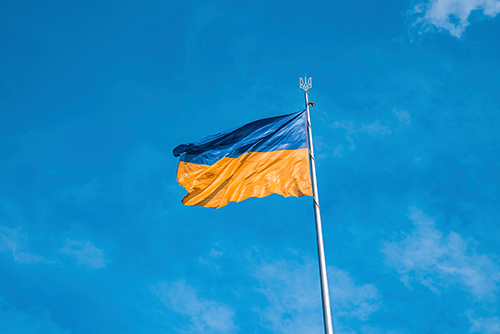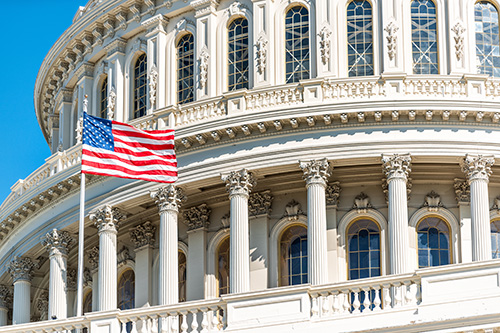Time to Put Kim Jong Un on His Heels
 I penned an op-ed for The Washington Post urging the administration to enforce economic sanctions on both North Korean and third-party entities.
I penned an op-ed for The Washington Post urging the administration to enforce economic sanctions on both North Korean and third-party entities.
Time to Put Kim Jong Un on His Heels
The Washington Post
January 16, 2018
President Trump’s November decision to designate North Korea as a state sponsor of terrorism — in response to legislation I introduced that passed in Congress last year — was more than just a symbolic move. The administration has not only plugged holes in America’s sanctions regime against Pyongyang, but it has also established a decisive break from the policy failures of past administrations. It’s now time to seize the initiative, put Kim Jong Un on his heels and set conditions on America’s terms.
In the past, Washington viewed the Hermit Kingdom’s nuclear and missile tests more as a disciplinary problem, reluctantly announcing sanctions like hesitant parents punishing rebellious children. Contrary to President Barack Obama’s claims, North Korea was not in fact the world’s most sanctioned country, but rather the eighth. As Kim — and his father before him — quickly learned, this approach only empowered them to pace their country’s atomic development according to their own wishes.
This appeasement policy has consistently kept the United States two steps behind North Korea, and we must reverse course.
What the American people expect, and our allies need, is courageous leadership that forces Kim to respond on our terms and our timing. America should employ all elements of our national power to reverse this dynamic, but none more so than robust economic sanctions.
North Korea is a mafia state that funds its illicit pursuits through foreign shell companies, bank cyberheists and arms exports. Like any mob, it needs partners. Last month, the Institute for Science and International Security identified 49 countries responsible for enabling sanctions violations. This is a staggering figure, made even more concerning by the geographic diversity of the offending countries. From Eurasia and the Middle East to Africa and Latin America, nefarious regimes including China, Russia, Iran and Cuba — as well as governments with weak export controls — have bankrolled North Korea’s nuclear pursuits.
The scale of Kim’s operation is undoubtedly impressive, but also vulnerable. As the Center for Advanced Defense Studies observed in December, North Korea “is reliant on access to hard currency to survive and it is willing to go to unprecedented lengths to obtain it.” The report also identified bottlenecks in Pyongyang’s operations that are dependent on U.S. dollars and are vulnerable to disruption — including corporate entities that the report said provide cash for the regime in U.S. dollars and are vulnerable not only to direct sanctions but also to indirect measures leveled against foreign banks holding their correspondent accounts.
Kim knows his regime is vulnerable, but until now, he has been able to rest assured that his pacing of missile and nuclear tests would set the tempo of international relations and give his elaborate financial web time to adapt to new sanctions. These moves have also enabled him to seize the diplomatic initiative, as evidenced by his recently proposed bilateral talks with South Korea.
Temporarily lifting sanctions on North Korea to pave the way for its participation in the Olympics, an idea that initially emerged from these talks, would be a grave mistake. While the United States and the world welcome North Korean athletes to participate in the global games, this does not merit a reward for the regime. Adjustments to sanctions enforcement should be contingent on North Korea’s complete and verified denuclearization, not on Kim’s political whims. Conceding our sanctions policy with no demands or measured return would lead us back to the failed policies that Trump has rightly begun reversing.
South Korean President Moon Jae-in was right to reaffirm his support of sanctions last week, but merely keeping sanctions in place is not enough. Instead of waiting for the next test or the latest move from Pyongyang, Washington should immediately begin imposing sanctions on both North Korean and third-party entities.
Rather than intervals of silence punctuated by limited designations, the Treasury Department should establish its own rhythm of sanctions announcements and force Kim to respond to our campaign. We must sanction key choke points and fine offending banks — especially Chinese banks. While I credit Trump for Chinese President Xi Jinping’s limited cooperation, recent reports of Chinese vessels violating sanctions by selling oil to North Korea on the high seas reinforce my long-held skepticism of Beijing’s promises.
We’ve spent nearly three decades wondering what North Korea would do next. It’s time for North Korea to fear what America will do next.








